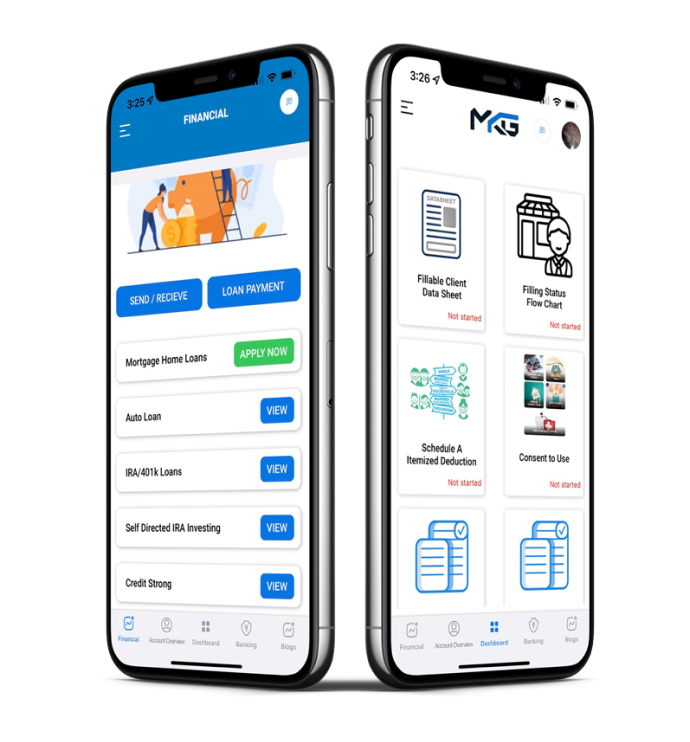Credits and Deductions
You can use credits and deductions to help lower your tax bill or increase your refund. Credits can reduce the amount of tax due, while deductions can reduce the amount of taxable income. Both credits and deductions are available for individuals and businesses.
The Inflation Reduction Act of 2022 has introduced new and extended credits and deductions for individuals and businesses, as well as tax-exempt and government entities.
Individual Credits and Deductions
1. Child Tax Credit
The Child Tax Credit is a credit that can be claimed by taxpayers who have a qualifying child under the age of 17. The credit can be up to $2,000 per child and is partially refundable.
2. Earned Income Tax Credit (EITC)
The Earned Income Tax Credit is a credit for low to moderate-income individuals and families. The amount of the credit depends on the taxpayer's income, filing status, and number of qualifying children.
3. Education Credits
There are two education credits available for individuals: the American Opportunity Credit and the Lifetime Learning Credit. These credits can help offset the cost of higher education expenses.
4. Retirement Savings Contributions Credit (Saver's Credit)
The Retirement Savings Contributions Credit, also known as the Saver's Credit, is a credit for eligible individuals who contribute to a retirement plan, such as an IRA or a 401(k). The credit can help incentivize retirement savings.
5. Residential Energy Efficient Property Credit
The Residential Energy Efficient Property Credit is a credit for individuals who install qualifying energy-efficient property in their homes. This includes solar electric systems, solar water heaters, geothermal heat pumps, and small wind turbines.
6. Health Coverage Tax Credit (HCTC)
The Health Coverage Tax Credit is a credit for eligible individuals who are receiving Trade Adjustment Assistance, Alternative Trade Adjustment Assistance, or pension benefit payments from the Pension Benefit Guaranty Corporation.
Business Credits and Deductions
1. Research and Development (R&D) Credit
The Research and Development Credit is a credit for businesses that engage in qualified research activities. This credit is designed to encourage innovation and technological advancement.
2. Work Opportunity Tax Credit (WOTC)
The Work Opportunity Tax Credit is a credit for businesses that hire individuals from certain targeted groups, such as veterans, ex-felons, and long-term unemployed individuals. This credit can help businesses offset the cost of hiring and training new employees.
3. Small Business Health Care Tax Credit
The Small Business Health Care Tax Credit is a credit for small businesses that provide health insurance coverage to their employees. This credit can help small businesses afford the cost of providing healthcare benefits.
4. Section 179 Deduction
The Section 179 Deduction allows businesses to deduct the full cost of qualifying equipment and software purchased or financed during the tax year. This deduction can help businesses invest in necessary equipment and technology.
5. Business Energy Investment Tax Credit (ITC)
The Business Energy Investment Tax Credit is a credit for businesses that invest in renewable energy projects, such as solar, wind, and geothermal systems. This credit can help businesses reduce their reliance on traditional energy sources.
6. Employee Retention Credit (ERC)
The Employee Retention Credit is a credit for businesses that were significantly impacted by the COVID-19 pandemic. This credit can help businesses retain employees and keep their operations running.
For more information on these credits and deductions, as well as other available credits and deductions, please visit the official website of the Internal Revenue Service (IRS).
